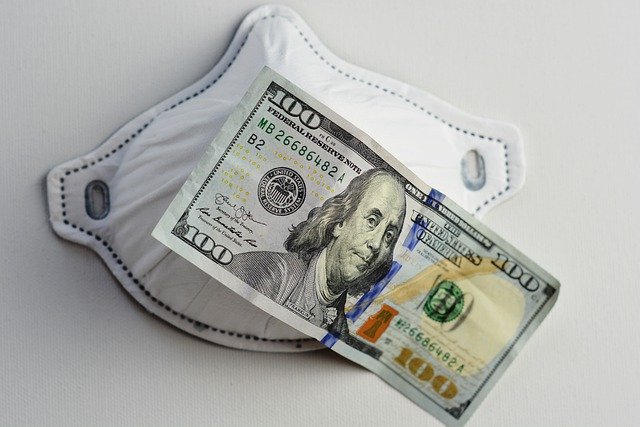The COVID-19 pandemic has the entire country and the world worried about their futures and their health. Many people are faced with financial troubles because their business has either been forced to close down since it was deemed nonessential by the government or they simply cannot find work. This reality is very difficult for all people, but especially those who are self-employed.
The self-employed in the United States are solely dependent upon themselves for income and do not rely on the government to help them when they are in a bind. While this is a very unfortunate and unexpected situation there are many ways that the self-employed can find help. This COVID-19 pandemic has unparalleled consequences and the government is working with everyone, including the self-employed, to help people get on their feet.
If you are self-employed here are some of the main things you can do to get help during the COVID-19 pandemic.
PPP Loans
If you are a self-employed worker you are still eligible to receive money from the government in the form of a PPP loan. This PPP loan, or Paycheck Protection Program is a great option for many self-employed workers. Rather than going through a bank to receive a self employed loans, the government is intervening to help you. These PPP loans can be filed at any financial institution near you. The institution can help you complete the application and file it on your behalf.
Applying For A PPP Loan
If you are interested in applying for a PPP loan to help keep your business operating during these uncertain times it is crucial that you understand the process and what you need to bring with you so that you do not waste your time. If you are going to apply for a PPP loan as a self-employed worker you need to bring your Form 1040, Schedule C that you filed last year with the federal government. You will also need to bring the 1099-MISC form to your appointment, all your income and expense reports for 2019, and your ID verification. Supplying these financial documents to your SBA lender will help the process go much faster and more smoothly.
If you are seeking self-employed loans you need to meet some credentials. This includes being in operation on February 15, 2020. You must have also filed a Form 1040 Schedule C during the tax season in 2019. If you want to take advantage of this program you must also live and work in the United States.
Benefits of A PPP Loan
There are many benefits of a PPP loan that can help you and your company. A PPP loan allows you to have extra income that you can use to pay for business essentials, like a mortgage or utilities. If your business is closed down you likely need to pay for these things to keep your business afloat. If you do not have any money coming in it can be extremely difficult to afford these things. This loan helps ensure that businesses, especially those who are self-employed, make it through this difficult time.
The PPP loan allows you to receive 2.5 times your average monthly income, which your SBA lender or financial institution can help you calculate and determine. There is a very low-interest rate on these loans and can be paid back within a 2 year period. You can apply for loan forgiveness through your SBA lender separately after you have received the loan.
A PPP loan is a great option for self-employed owners who are having a difficult time during COVID. If you are in need of help you should highly consider contacting your local financial institution.
Unemployment
If you are self-employed and are having a difficult time securing work you may also be eligible for unemployment benefits. While you are not eligible for traditional unemployment benefits there is a new form of unemployment benefits called the pandemic unemployment assistance, or PUA. This new federal program is part of the Coronavirus Aid, Relief, and Economic Security, or CARES, Act and is designed to help a larger range of people who do not meet the standard requirements for unemployment. This assistance program allows people to collect up to 39 weeks of unemployment when they are negatively affected by COVID-19.
Since the current state of the economy is very volatile and unpredictable most states in which you live will require those who are self-employed to file for unemployment each week. Filing for unemployment each week helps ensure that you are getting the most out of your benefits each week.
As self-employed workers, you can often find work very quickly or work a small amount one week and then a lot the next week. Filing for this pandemic unemployment assistance each week helps ensure that you get the benefits when you need them and do not get them when you do not need them. Under the pandemic unemployment assistance program you are still eligible to collect some benefits even if you work a little bit. The main requirement to collect these benefits is that you must disclose every time you get income. This could be a small amount or a large amount. No matter the quantity, it must be reported.
The COVID-19 pandemic has many people worried about their futures and their ability to plan financially. If you are self-employed you understand the frustrations that this pandemic is causing all across the nation. If you are looking to keep a stable income and keep your business operational when all of this is over you may need some assistance. The main ways that self-employed workers can receive help from the government is through PPP loans and the pandemic unemployment assistance program. Self-employed loans are another great option for those who are self-employed. These programs and options are available for all self-employed workers. All you need to do is go to a local financial institution to get help filing the paperwork.




